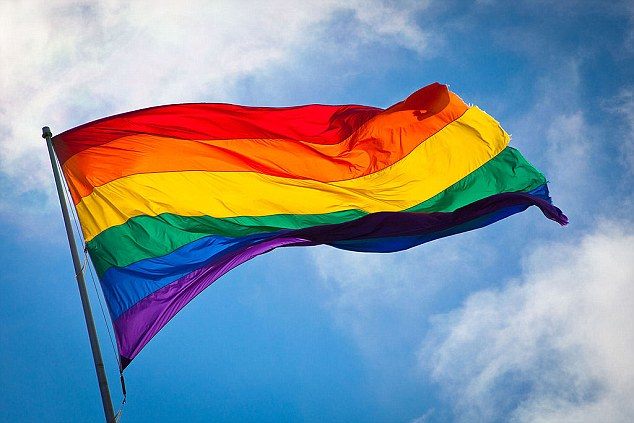‘Born gay’ belief doesn’t reduce homophobia, study says
By Will Stroude

It’s long been a cornerstone of gay rights activism: the idea that people are ‘born gay’, and shouldn’t face discrimination for something that is an innate characteristic, rather than a chosen behaviour.
But a new study has indicated that believing in the ‘born this way argument’ might not actually increase tolerance or reduce homophobia. In fact, the study – published in the Journal of Counseling Psychology – notes that the idea that straight people and gay people belong to two biologically different categories could actually promote prejudice in the long run.
Researchers from the University of Tennessee and University of Missouri-Colombia recruited 645 college students to answer questions about their beliefs involving sexual orientation.
Respondents were presented with statements such as “It is impossible to truly change one’s sexual orientation,” then asked to rate each statement on a scale of one to five, with one being “strongly disagree” and five being “strongly agree.
Other questions included “People who share the same sexual orientation pursue common goals,” and “It’s useful to group people according to their sexual orientation.”
The participants were given scores in four categories based on their answers:
- Discreteness: Sexual orientation groups are clear and have and non-overlapping boundaries. Thus being gay makes you completely different than being bi or being straight.
- Homogeneity: Believing that members of a certain sexual orientation are all similar to one another.
- Naturalness: Belief that someone did not choose their sexual orientation, but rather they are born that way.
- Informativeness: By knowing someone’s sexual orientation (SO) you can glean other information about them. In other words, their identity is tied to their SO.
Researchers found that many participants scored very high on the ‘naturalness’ scale – meaning they agreed with the idea that being gay is not a choice, but that they also scored high in the other categories, which measured “homo-negative” beliefs. In other words, people might believe that people are born gay, but also that this makes them innately different as humans.

“We found that most of respondents believe that sexual minorities are ‘born that way,’ and that sexual orientation is not changeable,” University of Tennessee psychology professor Patrick Grzanka told Fusion.
“We found that people who are high in all four of these beliefs were more likely to be straight, and that people high in all four of these beliefs were more likely to be homophobic.’”
He explained: “The promotion of ‘born this way’ ideology is not likely to substantially reduce homophobia. We need to target these other beliefs, which are largely absent in conversations about the nature and origin of sexual orientation.”
Commenting on the findings, Suzanna Walters, author of the book The Tolerance Trap: How God, Genes, and Good Intentions are Sabotaging Gay Equality, says that continued focus on the ‘born this way’ argument and biological determinants of sexuality may soon begin to do more harm than good..
“Historically, biological arguments for identity are largely used in the service of quite heinous political movements like slavery, the Holocaust, and the history of racism,” she says, adding that the ‘born this way’ argument is problematic “because it presumes that there is something wrong there.”
“No one is looking for the straight gene. Why are straight people the way they are? We look for causes for things we already think are problems.”
Food for thought.
More stories:
Jack Falahee live-tweets upcoming ‘How to Get Away with Murder’ naked scene
Homophobic attack victim spreads message of love and tolerance from behind his bruises
